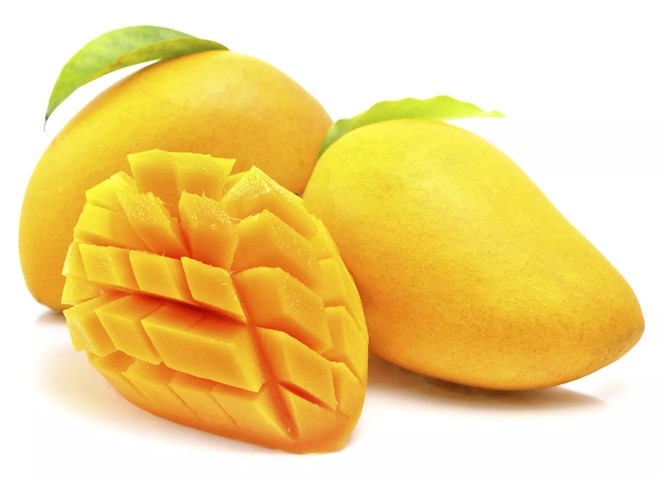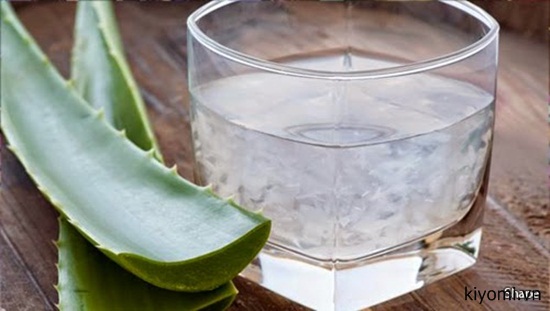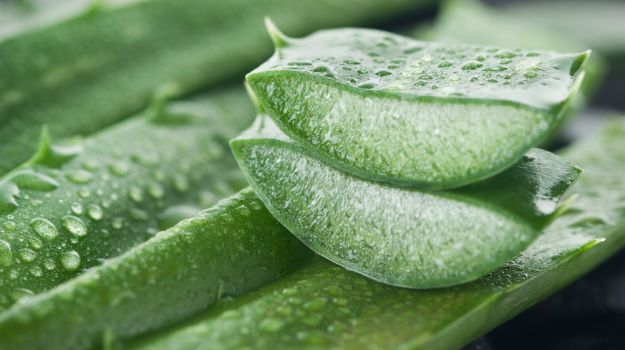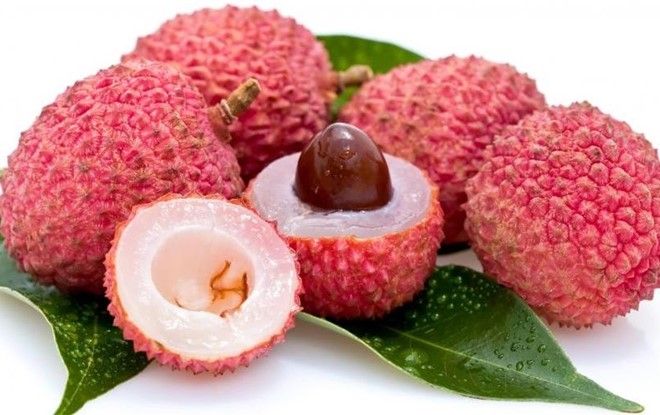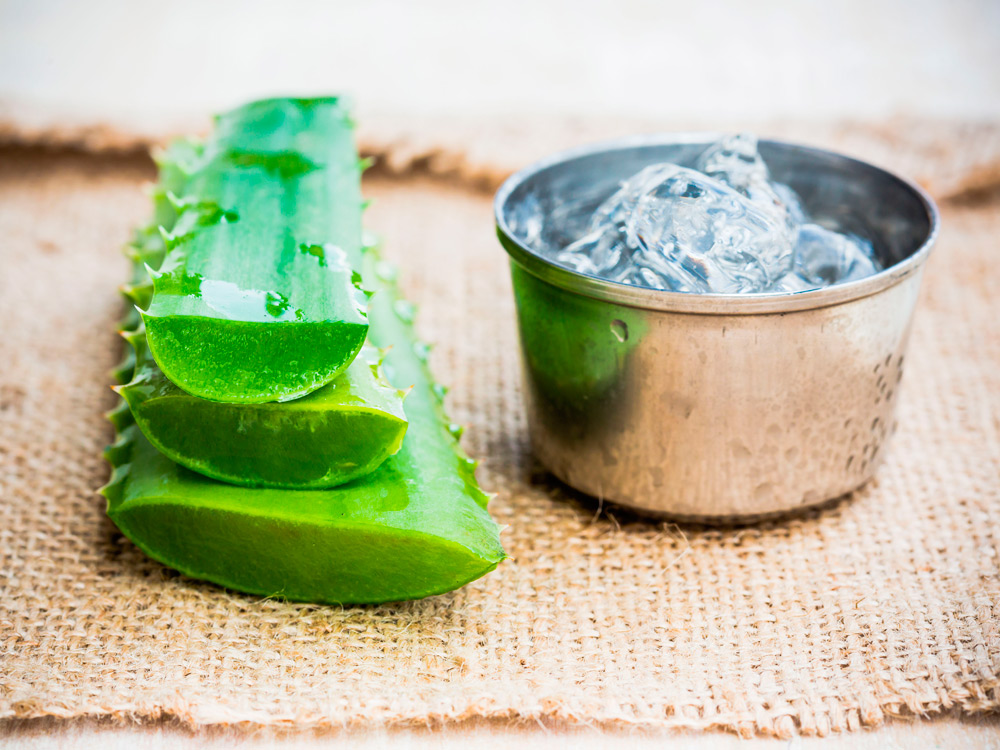9 Best Health Benefits and Uses of Drinking Pomegranate Juice
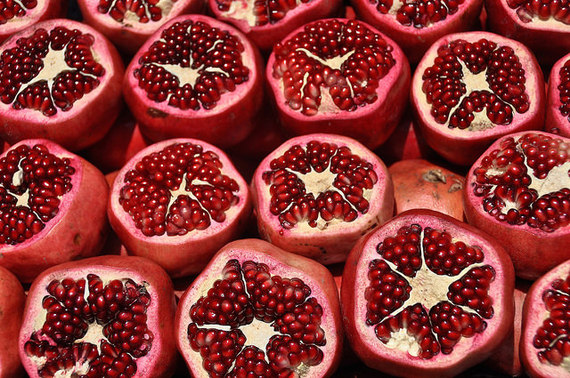
Pomegranate is considered as the ‘Nature’s Power Fruit’. Pomegranate juice has refreshing health and medicinal properties and is being used since the ancient times. Pomegranate is full of nutrients and regarded as symbol of health and wellness. Pomegranate is one of the few fruits whose entire body parts like fruits, leaf, seeds, bark, stem and root.
Pomegranate fights cancer
In a recent study, it has been confirmed that pomegranate juice helps to destroy breast cancer cells. Regular taking of Pomegranate juice also lower the risk of prostate cancer. Pomegranate is rich in flavonoids and polyphenols, which act against free radicals and prevent from cancer causing free-radicals. It not only prevents from breast cancer and prostate cancer but also colon cancer and leukemia. Studies in mice show that pomegranate juice is beneficial in case of lung cancer too. Elagic acid in pomegranate is also a self destroying agent for cancer cells.
Pomegranate juice for heart disease
Natural pomegranates are full of anti-oxidants. These antioxidants prevent hardening of arteries. Pomegranate seeds checks sticking of blood platelets thus discourage formation of blood clots. In a new research, it has also been confirmed that taking pomegranate juice increases the level of oxygen in the heart. Pomegranate is described as miracle fruit and show many health and medicinal benefits due to the presence of flavonoids and polyhenols; these photo-chemicals help to reduce the risk of for coronary and heart disease, heart attack and strokes. Punicalagins, a chemical compounds found in pomegranates, is beneficial for heart and blood vessels. Pomegranate also makes blood thinner thus ensure proper blood circulation.
Pomegranate seeds for skin cancer
The fibrous components of pomegranate come from seeds. The fresh seeds are delicious and acidic in nature. Pomegranate seeds are used with salads to enrich its taste and nutrients value. As far as beneficial aspects are concerned, both the juice and seeds are equally beneficial. A recent study has also concluded that pomegranate seeds stimulated the production of collagen that strengthens the skin. Some studies has shown when the extract of seeds are applied over skin, reduces the chances of skin cancer. It is one of the finest healing products that help to heal wound and manage infections.
For some people, these seeds may also cause diverticuli of the bowel which may lead to pain.
Diarrhea treatment by pomegranate
Pomegranate is a very useful fruit in treating of diarrhea and dysentery. The astringent property of its peel is very helpful in diseases like diarrhea, bleeding and dysentery. Pomegranate peel is also used in case of intestinal inflammation, piles and hemorrhoids.
Ingredients Use to Cure Diarrhea
- Pomegranate Peel: 1/2 cup
- Cumin Seeds: 1 tsp
- Buttermilk: 1/2 cup
First of all, the peel of pomegranate should be soaked in water for about 30-40 minutes. Now, mix all the ingredients and grind them well. Salt may also be added for taste. One can take 1/4 cup of this mix twice or thrice a day to get relief from Diarrhea and Dysentery.
Pomegranate Juice for arthritis treatment
For arthritis treatment and management, pomegranate can be taken as an important arthritis diet. Studies have also shown that pomegranate juice helps to prevent the onset of cartilage deterioration thereby keep osteoarthritis at bay. Therefore, it is recommended that regular drinking of one glass of pomegranate juice or eating of one piece daily, greatly helps in cartilage protection.
Pomegranate treats alzheimer ’s disease
Pomegranate can play an important role in the prevention of Alzheimer’s disease. It enhances the body’s immune system thus acts against diseases like Alzheimer. In a recent study, pomegranate juice has been given to mice, it is reported that the mice experienced less amyloid plaque accumulation and performed brain function better. The presence of vitamin B, riboflavin, thiamine and niacin in pomegranate juice also slow down the degeneration of brain cells.
Pomegranate juice as pregnancy diet
During Pregnancy, the expectant mother requires more energy on daily basis. It is better to furnish these extra calories from pomegranate juice as this juice is pleasant, delicious and the juiciest along with adequate calories. Pomegranate juice also contains many nutrients such as calcium, vitamin D, iron, folic acid, folate and protein that are needed during pregnancy. These nutrients also help for healthy development of babies. A study published in “American Journal of Physiology, Endocrinology and Metabolism” show that drinking of juice helps to reduce the risk of placenta injury. The high level of antioxidants also prevents placenta from free radicals. The phyto-chemical in pomegranate helps to lower blood pressure. The immunity is increased by vitamin C present in the juice.
Nutritional values of pomegranate (100 grams)
Nutritionally, pomegranate is one of the important fruits that are endowed with no fat, low sugar, satisfactorily calorie, fibre, vitamin and other minerals. In 100 grams of pomegranate, the nutritional facts are: Fat (0.3 gram), Fibre (0.6 gm), Sugar (16.57 gm), Carbohydrate (17.17 gm), Energy (70 K cal), Niacin (0.3mg), Riboflavin (0.063 mg), Thiamine (0.03 mg), Protein (0.95 gm), Iron (0.3 mg), Calcium (3 mg), vitamin C (6.1 mg), Folate (6mg), Vitamin B6 (0.105 mg), Vitamin B5 (0.596 mg), Zinc (0.12 mg), Potassium (259 mg), Phosphorous (8 mg) and Magnesium (3 mg).
Dental care through pomegranate juice
If you are drinking pomegranate juice, it means you are protecting your teeth naturally from decaying. Pomegranate juice has anti-bacterial and anti-viral effects thus prevent from dental plaque. Bad breath (halitosis) can be prevented when powdered pomegranate peel is taken with water twice a day. Gum related diseases such as gum swollen; bleeding of gun are reduced after massaging gum from peel powered of pomegranate. Dental caries can also be prevented when peel pomegranate powdered is applied as toothpaste along with grinded black pepper.






